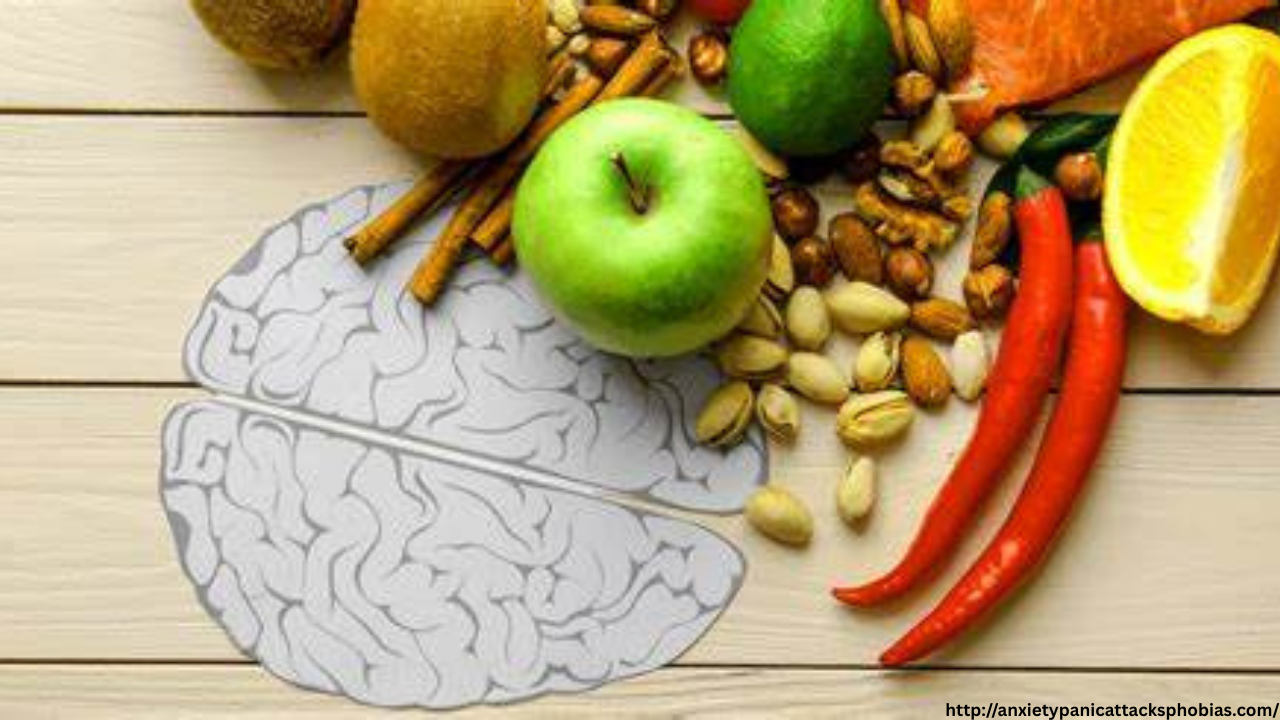From Burnout to Breakdown: The Overlooked Link Between Stress and Mental Illness
In today’s fast-paced world, stress has become a nearly universal experience. While short-term stress can sometimes be motivating, chronic stress is a silent threat to mental well-being. Left unchecked, it can lead to burnout, and in more severe cases, it may trigger or worsen mental health disorders. Understanding the link between stress and mental illness is essential for promoting healthier lifestyles and early intervention.
Understanding Stress and Burnout
Stress is the body’s natural response to challenges or threats, releasing hormones like cortisol and adrenaline to help cope with immediate demands. However, when stress becomes constant, it can overwhelm the body’s coping mechanisms, leading to physical, emotional, and psychological exhaustion—a state commonly referred to as burnout.
Burnout often manifests in high-pressure environments such as workplaces, caregiving roles, or academic settings. It includes symptoms such as:
- Persistent fatigue
- Irritability and mood swings
- Detachment or cynicism
- Decreased productivity and motivation
- Sleep disturbances
Though burnout is not officially classified as a mental illness, it is a major risk factor for developing more serious conditions like depression, anxiety disorders, and substance abuse.
How Chronic Stress Leads to Mental Illness
Prolonged exposure to stress affects nearly every system in the body, particularly the brain. Chronic stress can:
- Disrupt Brain Chemistry: Long-term stress alters levels of neurotransmitters like serotonin and dopamine, which regulate mood and behavior.
- Inflame the Brain: Stress increases inflammation in the brain, which has been linked to depression and other mental health disorders.
- Impair Memory and Focus: The hippocampus, responsible for memory and learning, can shrink under chronic stress.
- Lower Resilience: Individuals under prolonged stress may find it harder to recover from emotional challenges, making them more vulnerable to breakdowns.
Warning Signs of a Mental Health Breakdown
A mental health breakdown, or crisis, often results from ignoring the warning signs of chronic stress and burnout. Symptoms may include:
- Extreme mood changes
- Inability to function in daily life
- Withdrawal from social interactions
- Panic attacks or overwhelming anxiety
- Thoughts of self-harm or hopelessness
Recognizing these signs early can help prevent the progression to more serious mental health conditions.
Prevention and Intervention Strategies
Addressing the stress-mental illness connection requires both proactive prevention and responsive care. Here are some effective strategies:
1. Stress Management Techniques
- Mindfulness, meditation, and yoga
- Regular physical activity
- Deep breathing exercises and progressive muscle relaxation
2. Work-Life Balance
- Setting boundaries around work hours
- Taking regular breaks and vacations
- Prioritizing self-care and hobbies
3. Seeking Professional Help
- Therapy, especially cognitive-behavioral therapy (CBT), can help identify and change harmful thought patterns.
- Medication may be appropriate for managing underlying mental health conditions.
- Support groups can offer shared experiences and emotional relief.
Conclusion
Stress may be a common part of life, but its long-term effects on mental health should not be underestimated. By recognizing the early signs of burnout and addressing stress proactively, individuals can reduce the risk of mental illness and lead more balanced, fulfilling lives. Creating a culture of awareness and support around stress and mental health is not just beneficial—it’s essential.

